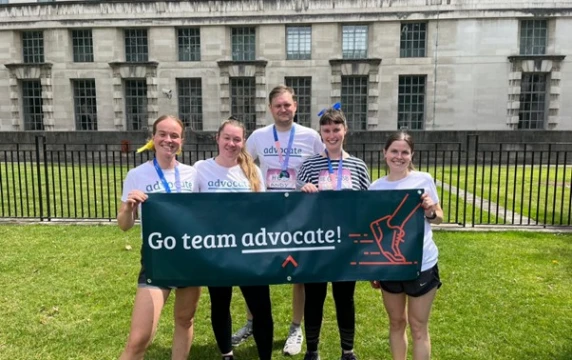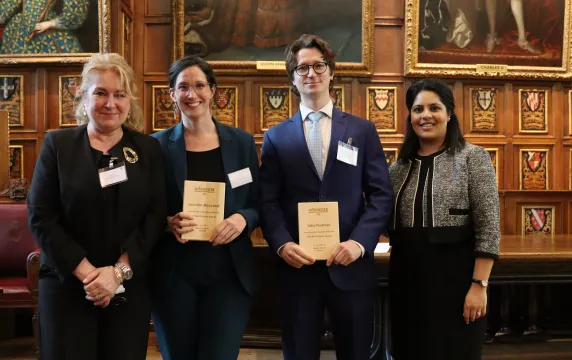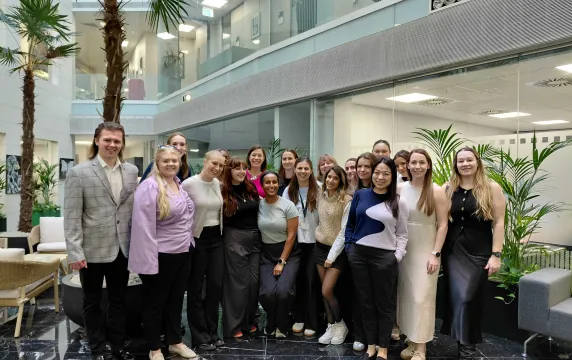Laurent Sykes QC
“A foot in the door on cases that score highly in the silk application process” – junior sets eyes on becoming a QC.
Laurent Sykes QC from Gray’s Inn Tax Chambers took silk in 2016. He champions pro bono work as being crucial to his success.
How does undertaking pro bono work help with your application for QC?
The QC application process requires you to demonstrate that various criteria are met. These include high levels of advocacy, versatility, the ability to work with others, integrity and skills in relation to diversity. Taking pro bono cases with Advocate allows you to hand-select your cases, making sure you’ve met all these criteria. Some of the cases taken on by Advocate are high profile and can include novel points of law, sometimes going all the way up the court system, including to the Court of Appeal. These are the cases that score highly in the advocacy section of the silk application process.
What does pro bono work offer you that paid work might not?
In terms of advocacy, and in marked contrast to paid work, the barrister considering whether to take on a case for Advocate is “the shopper”. You choose the cases you want to do, rather than the client choosing you. You can opt for a case where you would not get a foot in the door normally, breaking the catch 22 situation where you don’t get the work without the experience but you don’t get the experience without the work. You may also get slightly more gentle treatment from the judge hearing your case; they will be particularly conscious that you are doing some of the work that they would have had to do themselves had the client been unrepresented.
What advice would you give to a barrister considering the silk application process with regard to working with Advocate?
Advocate offers the opportunity to work with a diverse range of clients, allowing you to demonstrate many of the valuable skills that are crucial to the silk application process. It also gives you the opportunity to work with others and to make contacts: you may be able to bring in solicitors if the case merits it, or a leader from another chambers. These contacts will be useful both professionally and also potentially as referees in the silk selection process.
Finally, the cases taken on by Advocate are usually extreme in some way, and they will often leave a mark on you for a long time after the matter has officially concluded. This is true not only on an emotional level, but the cases that you assist on through Advocate will also leave their mark on you on a professional level.






